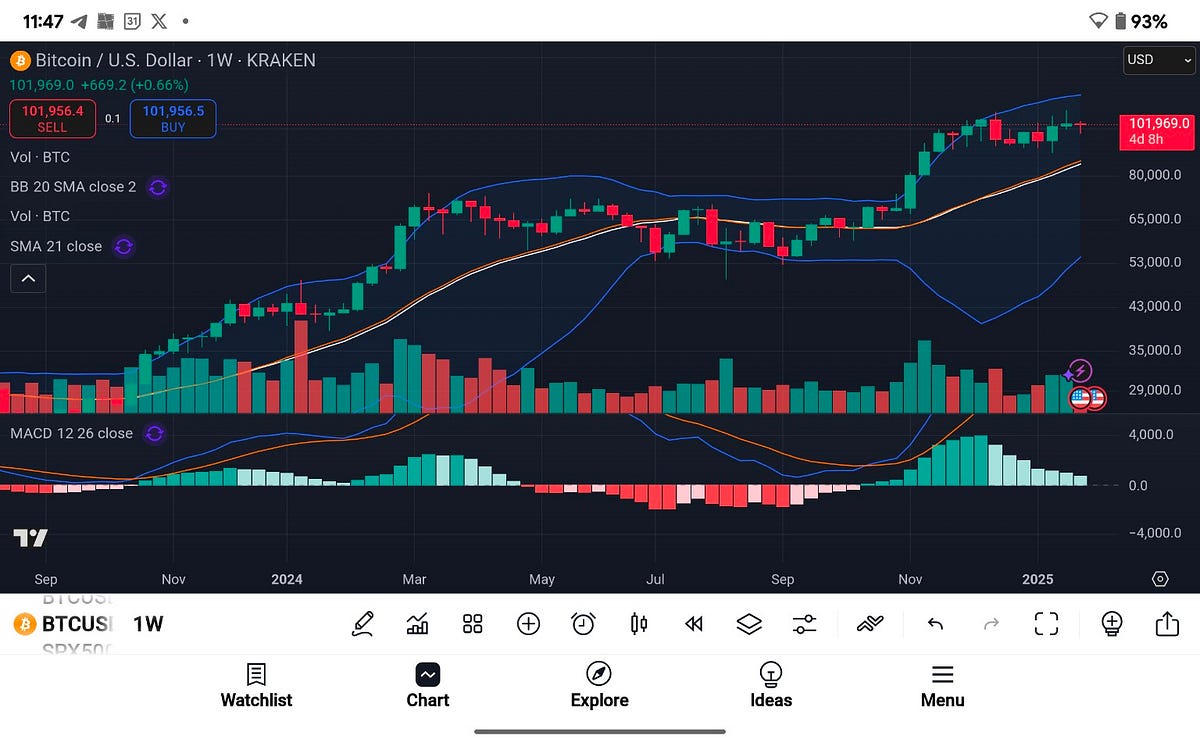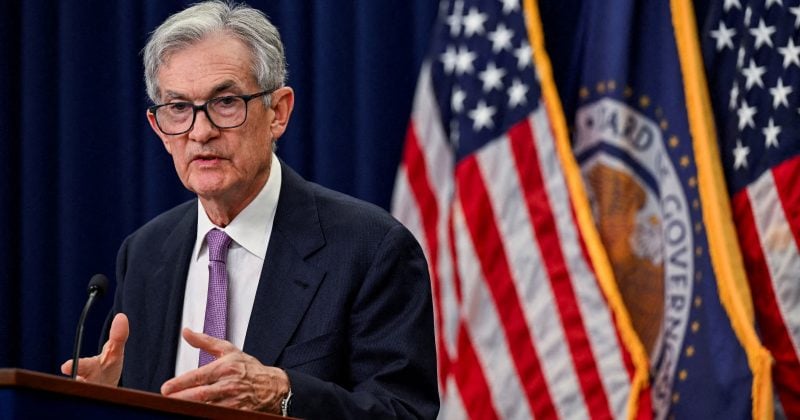The crypto market is like the Wild West — exciting, but filled with risks. For every golden opportunity, there’s a shiny-looking coin that could be a trap. Whether you’re a seasoned investor or just starting out, doing your research (or “DYOR,” as the crypto crowd likes to say) is the most important step before investing in any cryptocurrency.
Let’s break down how to research a crypto project so you can invest wisely and sleep a little better at night.
 Photo by Traxer on Unsplash
Photo by Traxer on Unsplash1. Understand the Basics
Before diving into charts and whitepapers, start with the basics of the project:
What does the coin or token do?
Is it solving a real problem? For example, Ethereum supports decentralized apps, while Bitcoin aims to be digital gold. If the project doesn’t have a clear use case, it’s a red flag.
Who’s behind it?
Check the team’s background. Are they experienced in blockchain, tech, or finance? Transparent projects highlight their developers and founders. Sketchy ones don’t.
Does it have competitors?
Even good ideas need to stand out. Compare the project to similar ones to see if it’s offering something unique or better.
2. Read the Whitepaper (But Don’t Get Intimidated)
The whitepaper is like the blueprint of a crypto project. It should answer questions like:
- What is the project’s goal?
- How does the technology work?
- What problem does it solve?
Red flags to watch for in a whitepaper:
- Overuse of buzzwords without clear explanations.
- Unrealistic promises, like guaranteeing high returns.
- Lack of details about how the project will achieve its goals.
3. Check Tokenomics
“Tokenomics” is just a fancy word for how a cryptocurrency’s supply and demand work. Key things to look at include:
- Total Supply: How many coins will ever exist? Scarce coins (like Bitcoin) can be more valuable over time.
- Circulating Supply: How many coins are currently available? If a large portion is held by the team, they could dump it, crashing the price.
- Utility: Does the token actually do anything? If it’s just sitting there with no purpose, it might not hold value.
4. Look at the Community
A strong, active community can say a lot about a project. Check platforms like Reddit, Twitter, Discord, or Telegram for discussions about the coin.
What to look for:
- Engaged followers who ask good questions and hold the team accountable.
- Updates from the team showing progress on the project.
What to avoid:
- Overhyped projects with bots or fake followers.
- Toxic communities that attack anyone who raises concerns.
5. Evaluate Partnerships and Real-World Use Cases
Does the project have partnerships with reputable companies or organizations? For example, if a cryptocurrency is being used in real-world applications (like supply chain tracking or gaming), it’s more likely to succeed than one with no practical purpose.
6. Research the Roadmap
A roadmap shows the project’s planned milestones. Look for projects with:
- Realistic timelines.
- Evidence of past goals being met.
- Transparency about any delays or challenges.
If a project promises to change the world next month but hasn’t delivered anything yet, proceed with caution.
7. Analyze the Market Performance
While past performance doesn’t guarantee future results, it’s worth checking:
- How has the coin performed over time?
- Does it have steady growth, or does it pump and dump?
- How does it react to broader market trends?
8. Use Trusted Sources
For your research, stick to reliable websites and tools like:
- CoinMarketCap or CoinGecko for tracking prices and market data.
- Etherscan or similar blockchain explorers to verify transactions and token data.
- Crypto news outlets (like Decrypt or CoinDesk) for updates.
Be wary of influencers. Some promote coins for money and don’t disclose it.
9. Don’t Skip Security
Security is non-negotiable in crypto. Check:
- Is the project’s code audited by a trusted third party?
- Are the wallets and exchanges you plan to use secure?
Remember, if something sounds too good to be true, it probably is.
Final Thoughts
Investing in cryptocurrency can be rewarding, but it’s also risky. By doing thorough research, you reduce the chances of falling for scams or hype. When in doubt, trust your gut, and never invest more than you can afford to lose.
So, before you hit “buy,” take the time to dig deep. Your future self will thank you!
How to Research Cryptocurrencies Before Investing was originally published in The Capital on Medium, where people are continuing the conversation by highlighting and responding to this story.

 2 months ago
29
2 months ago
29









 English (US) ·
English (US) ·